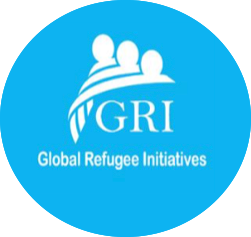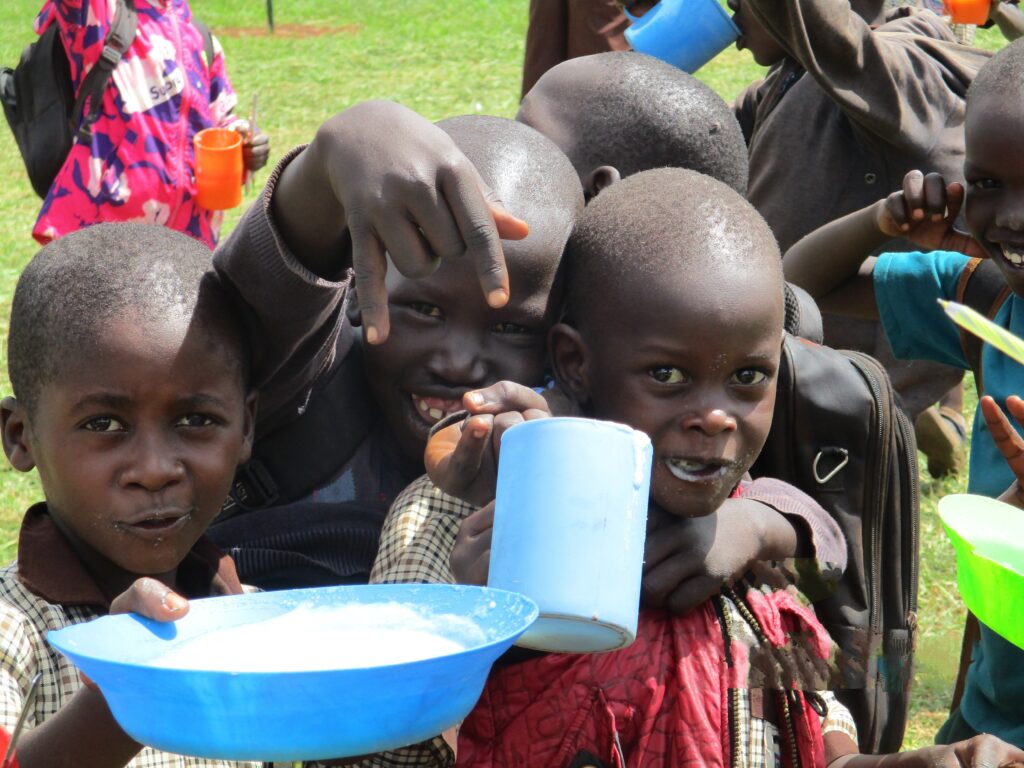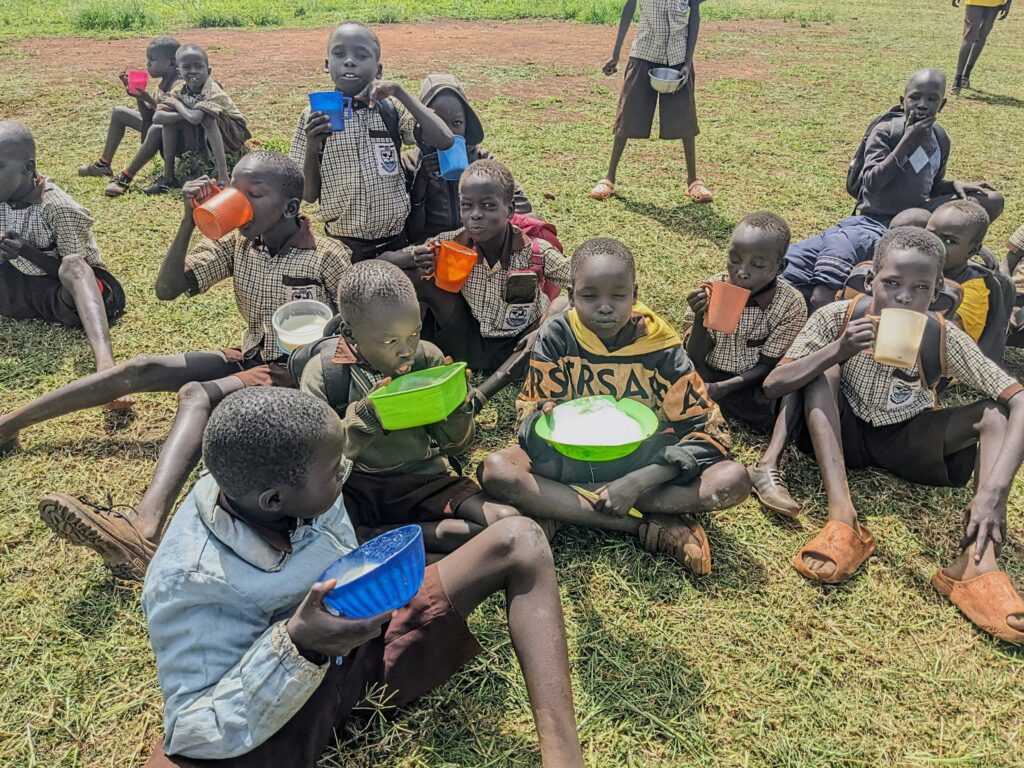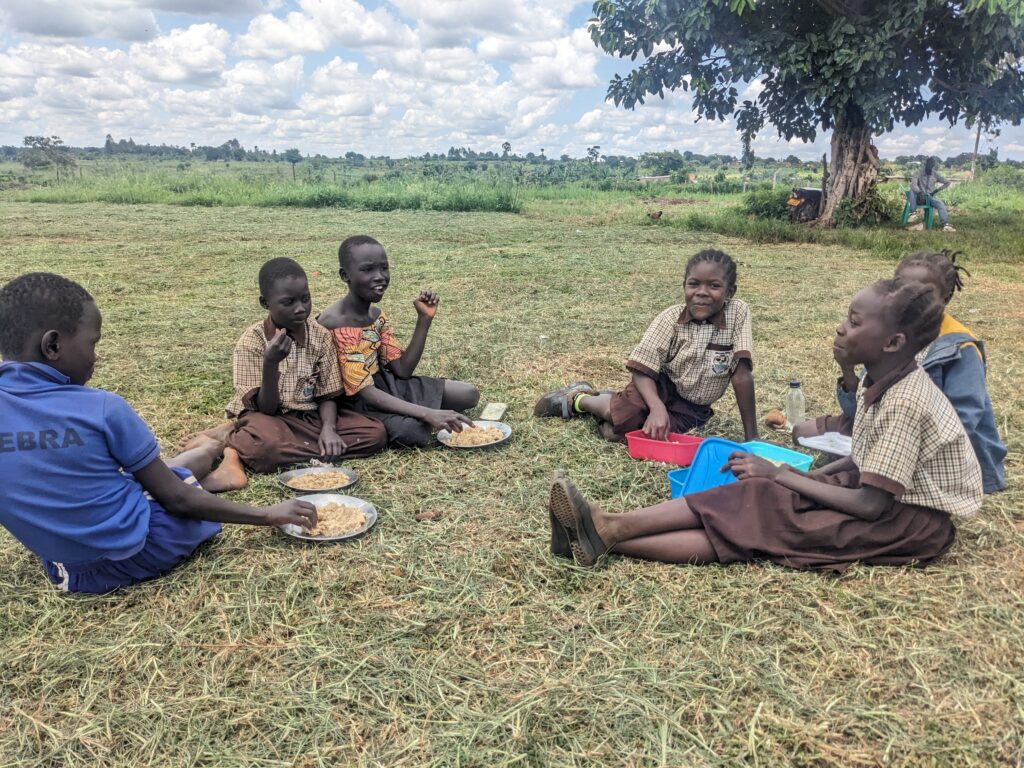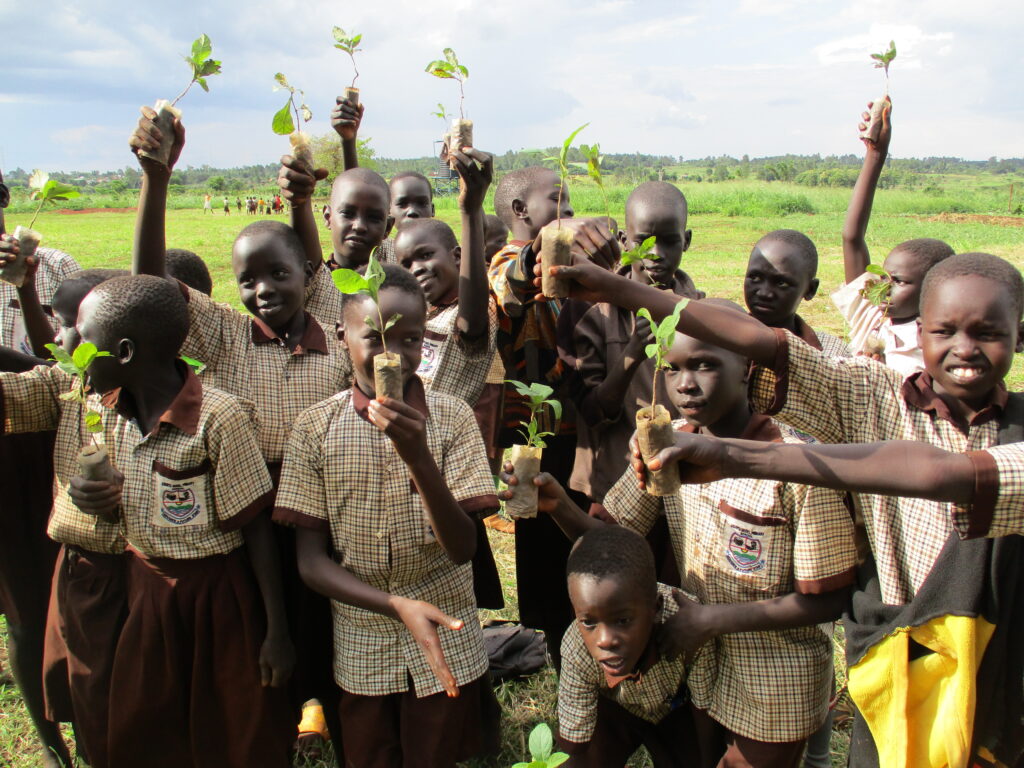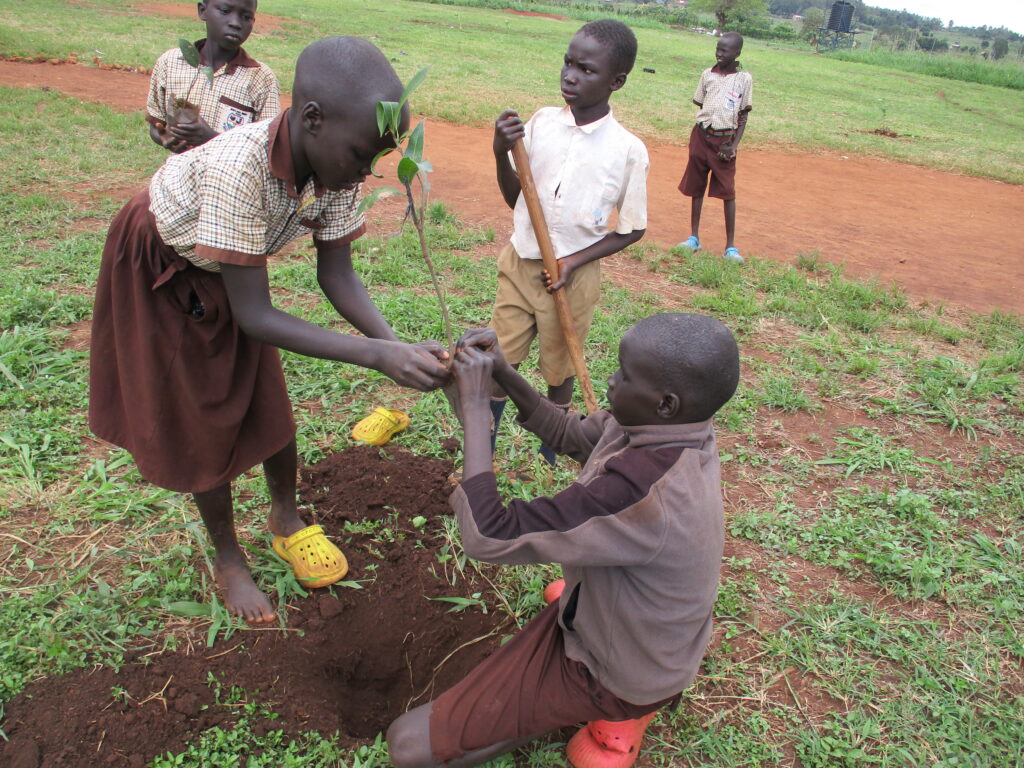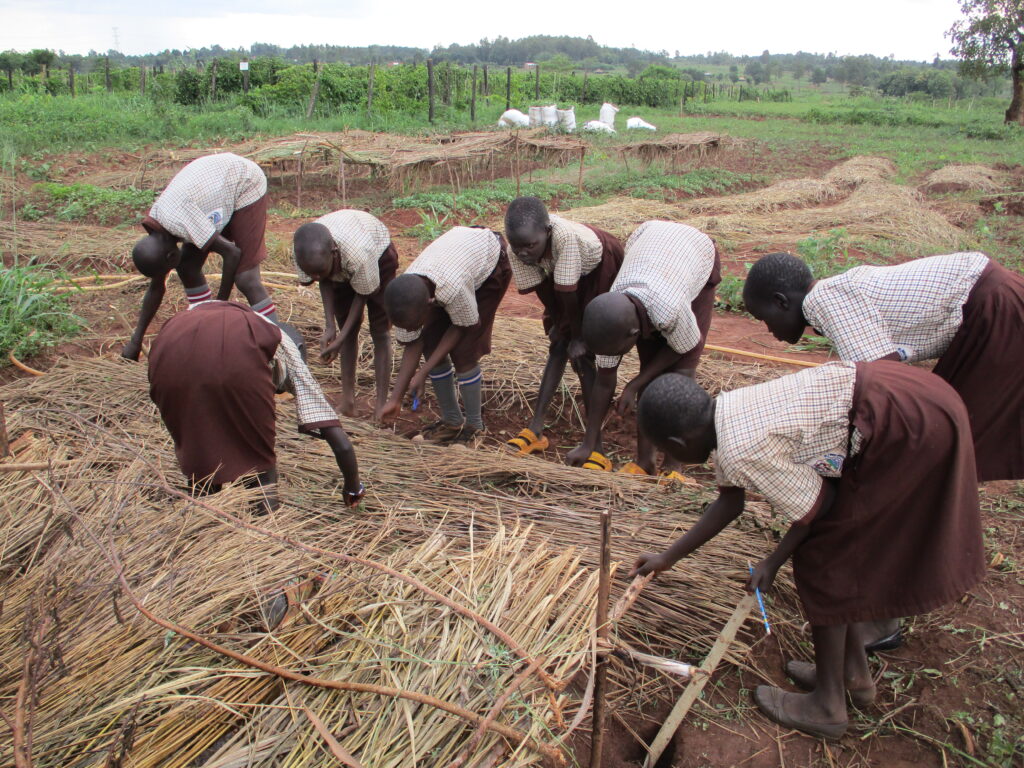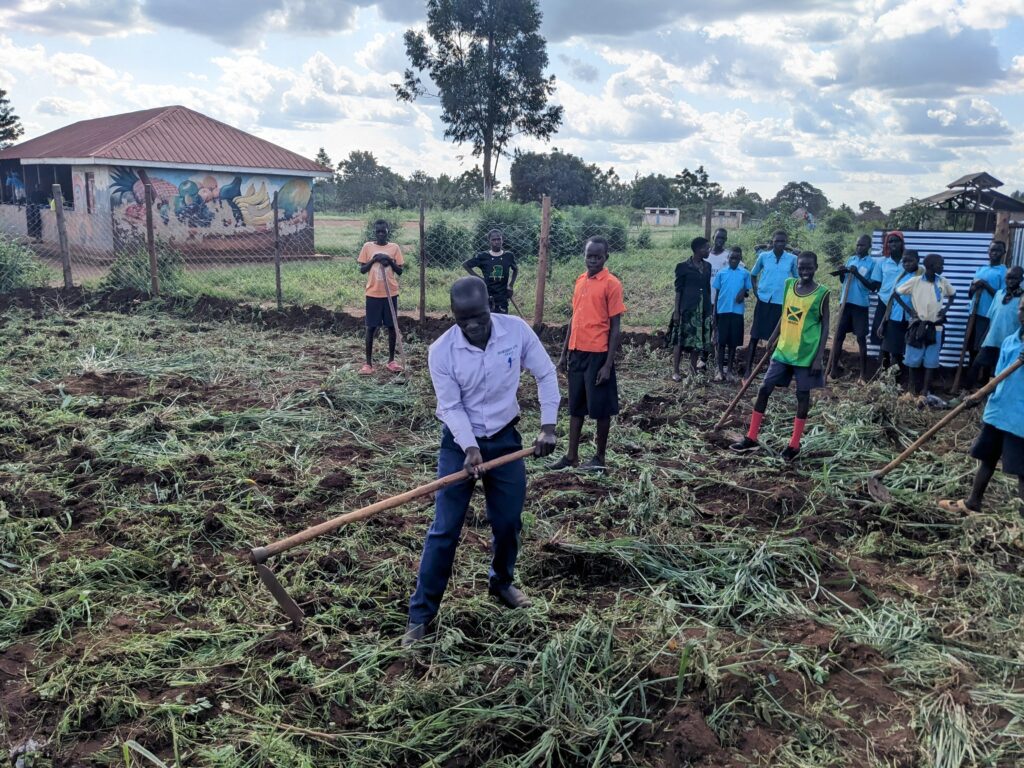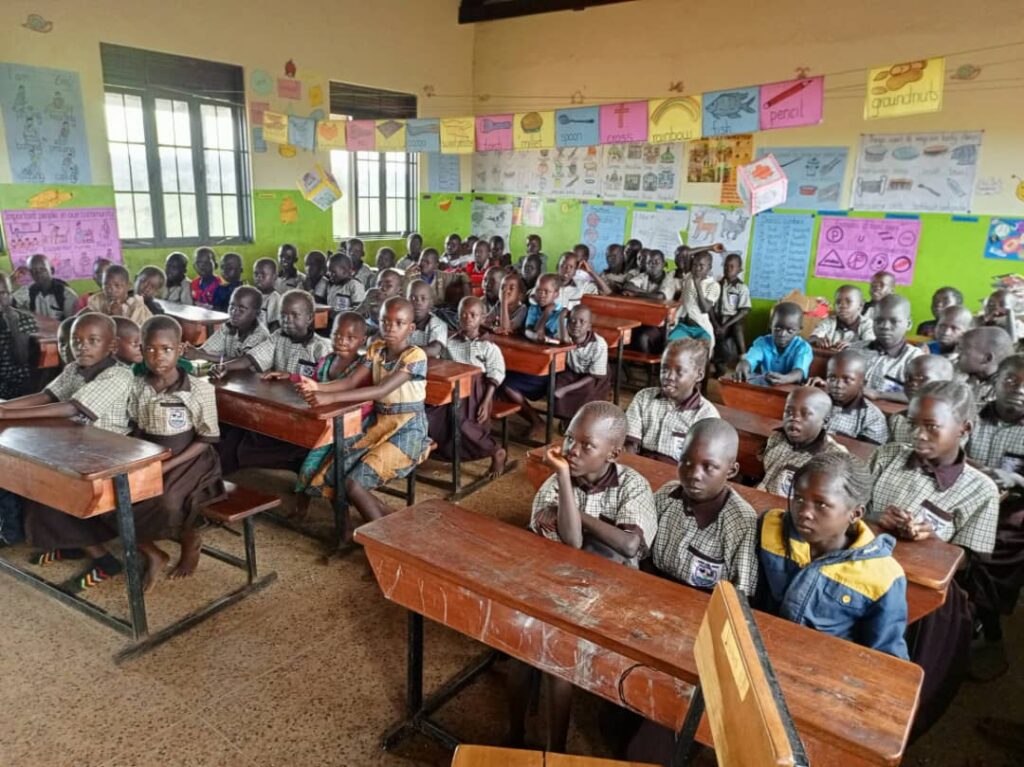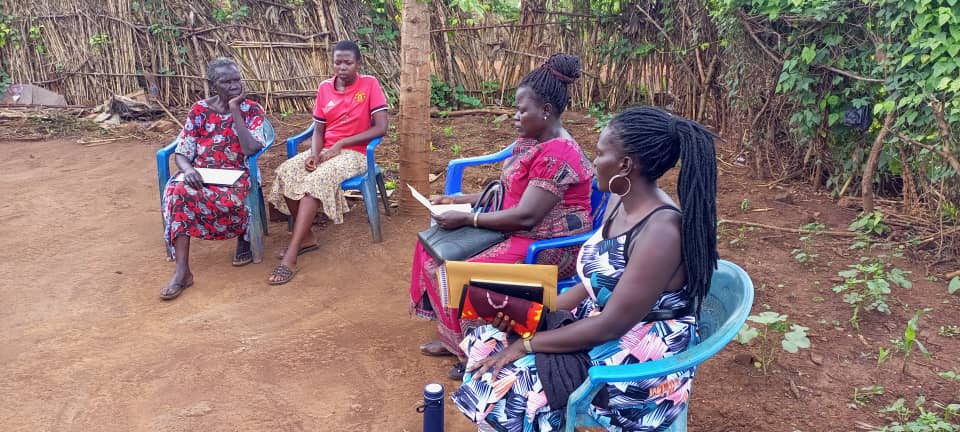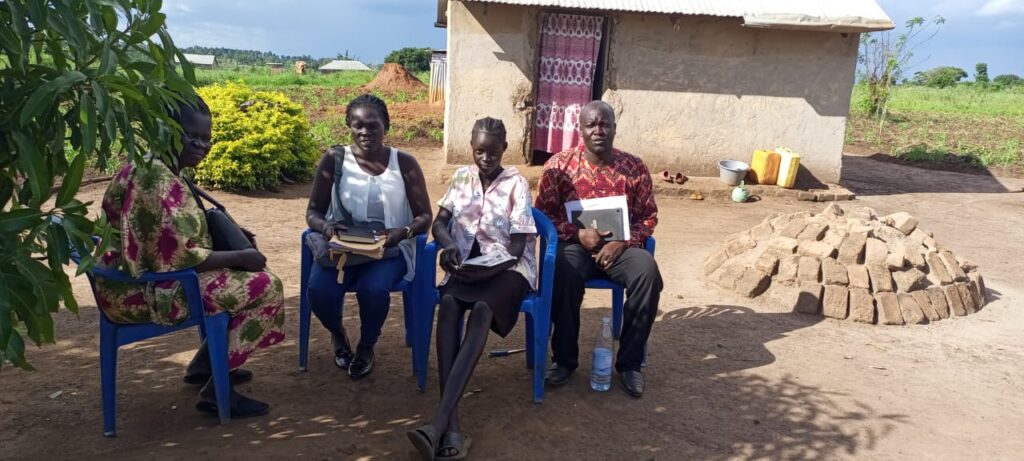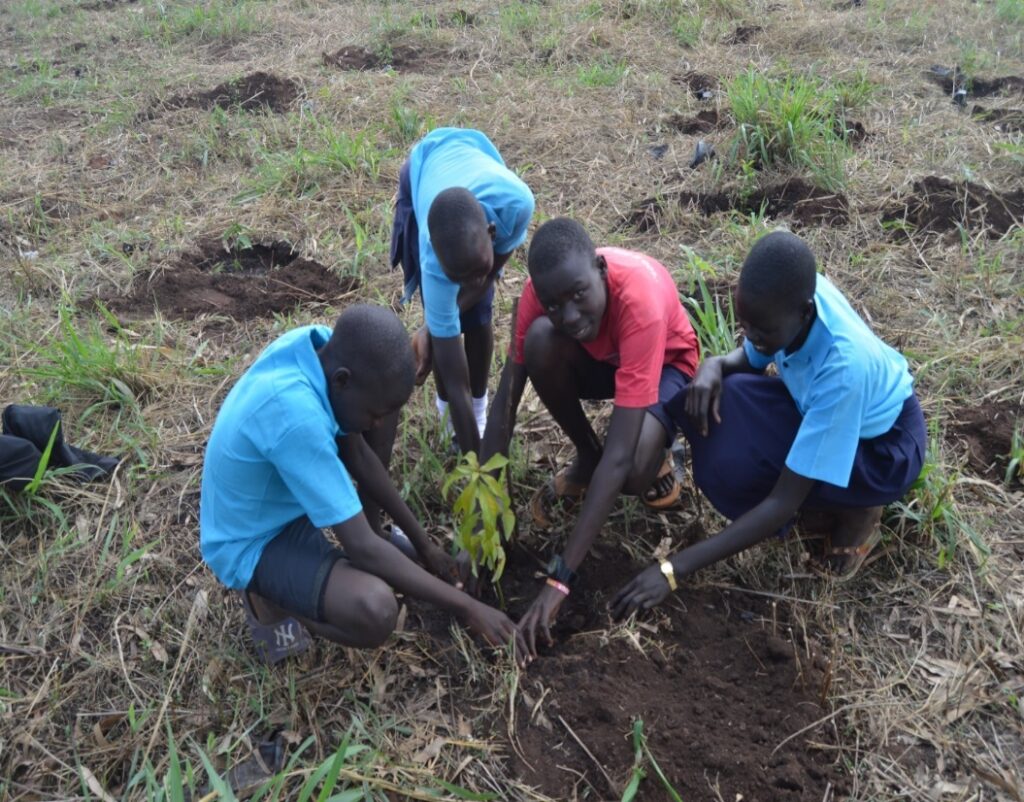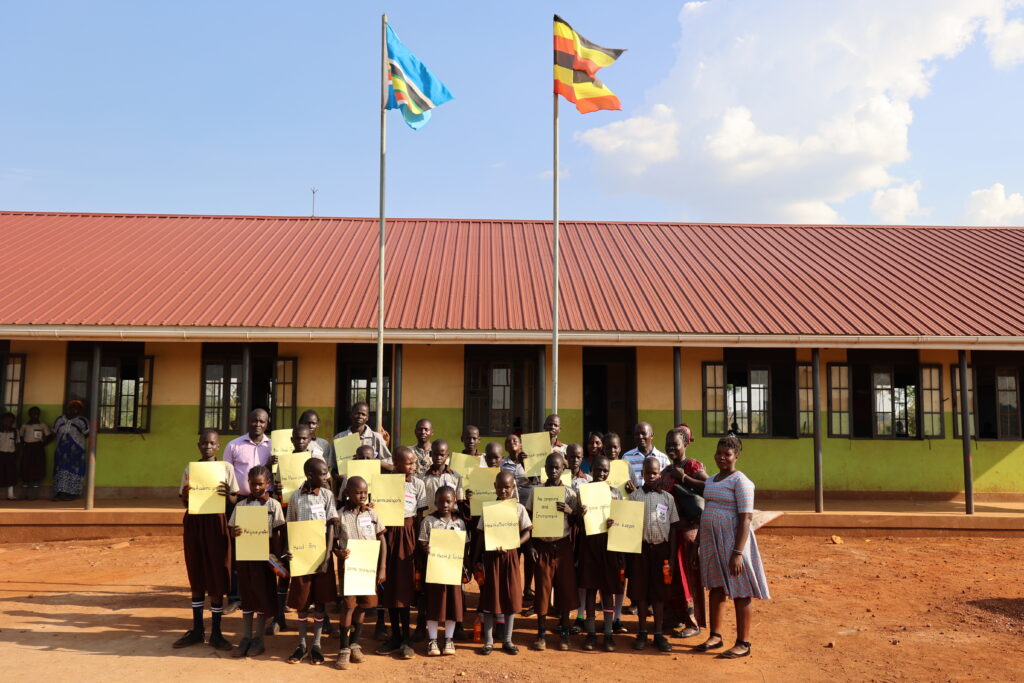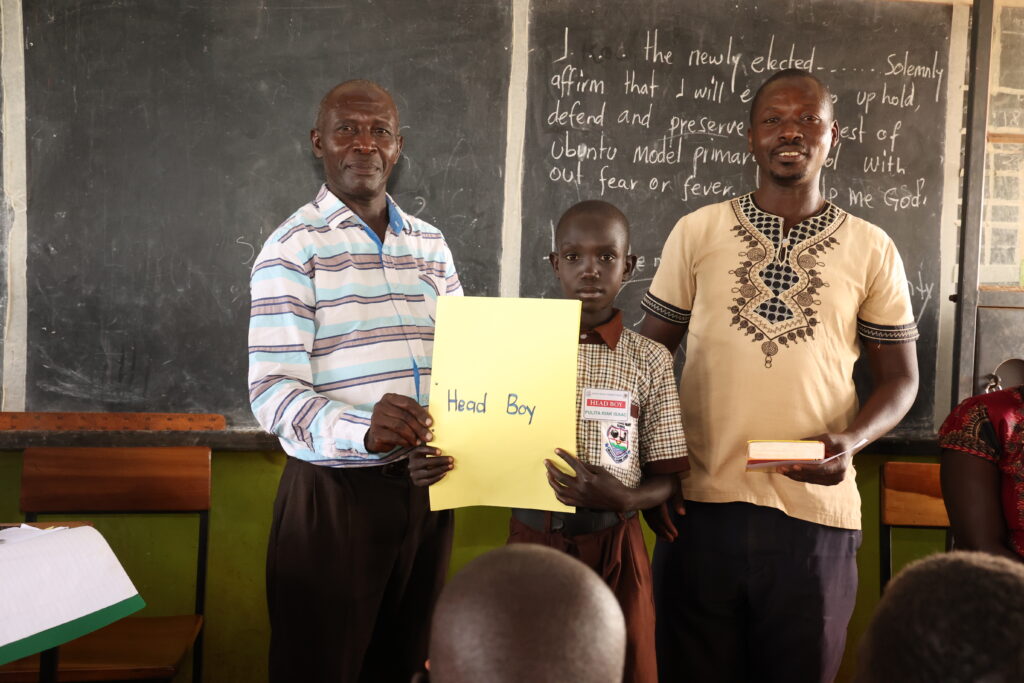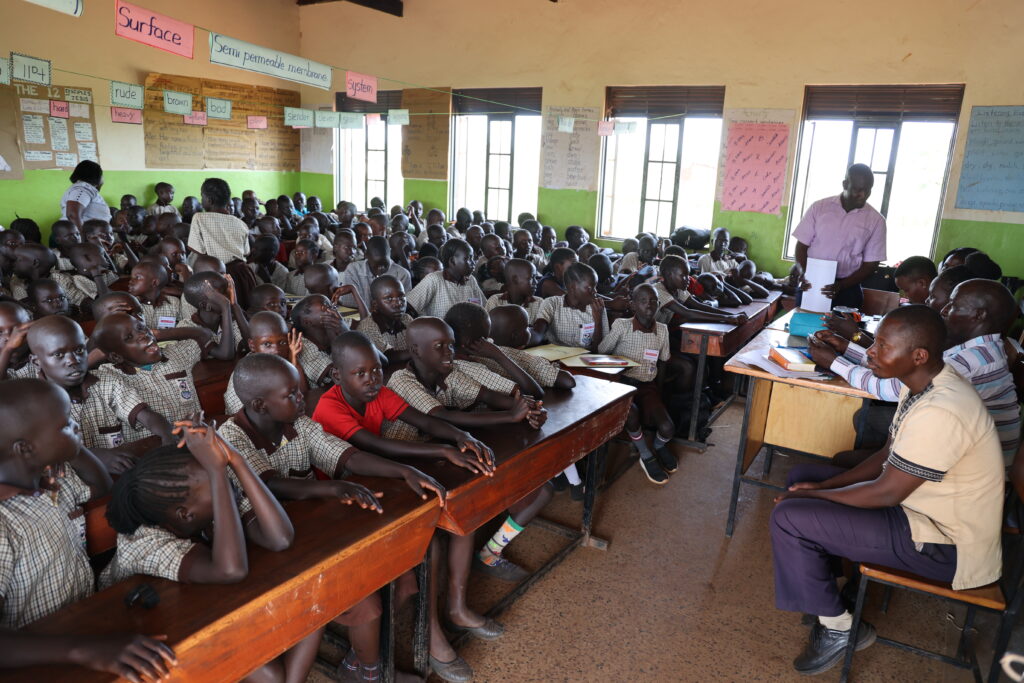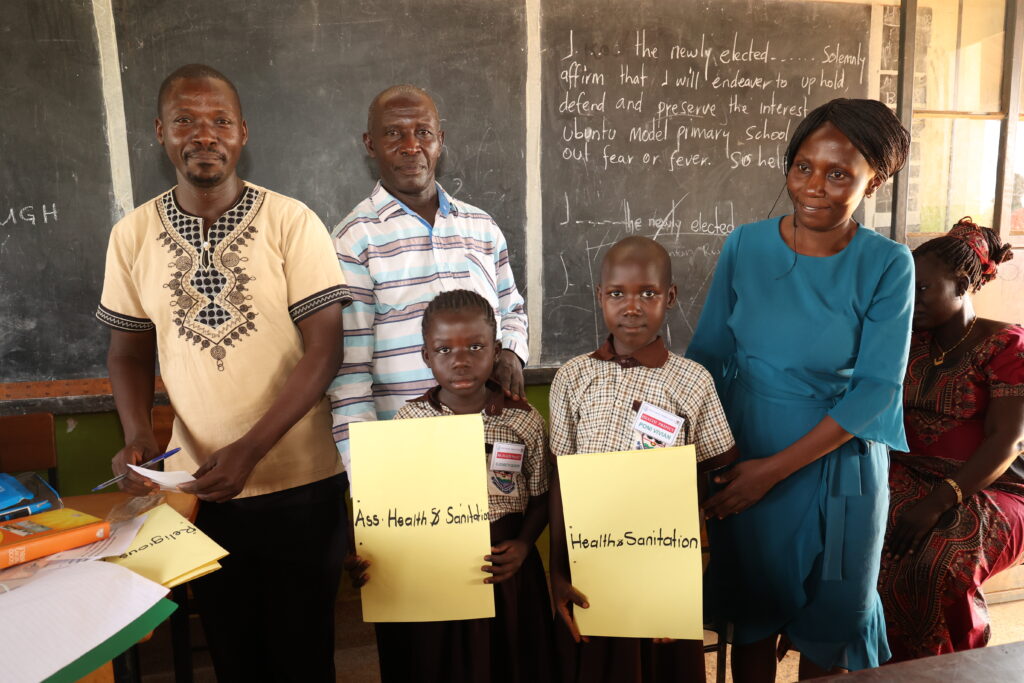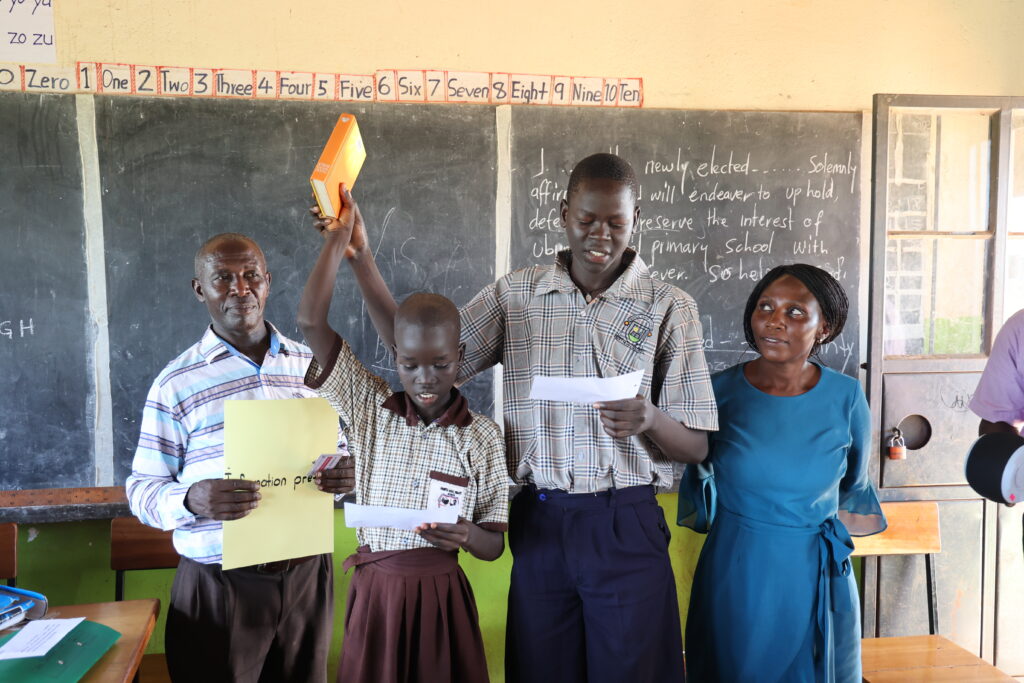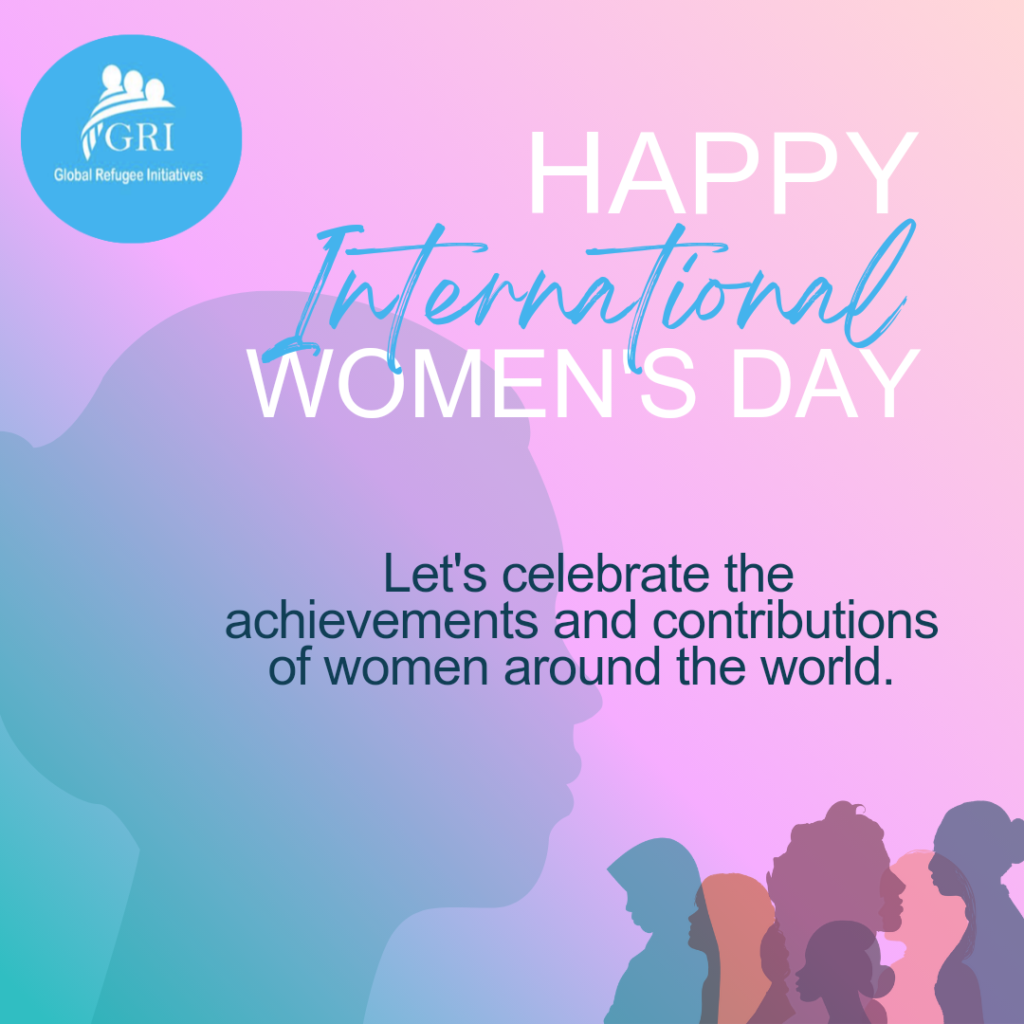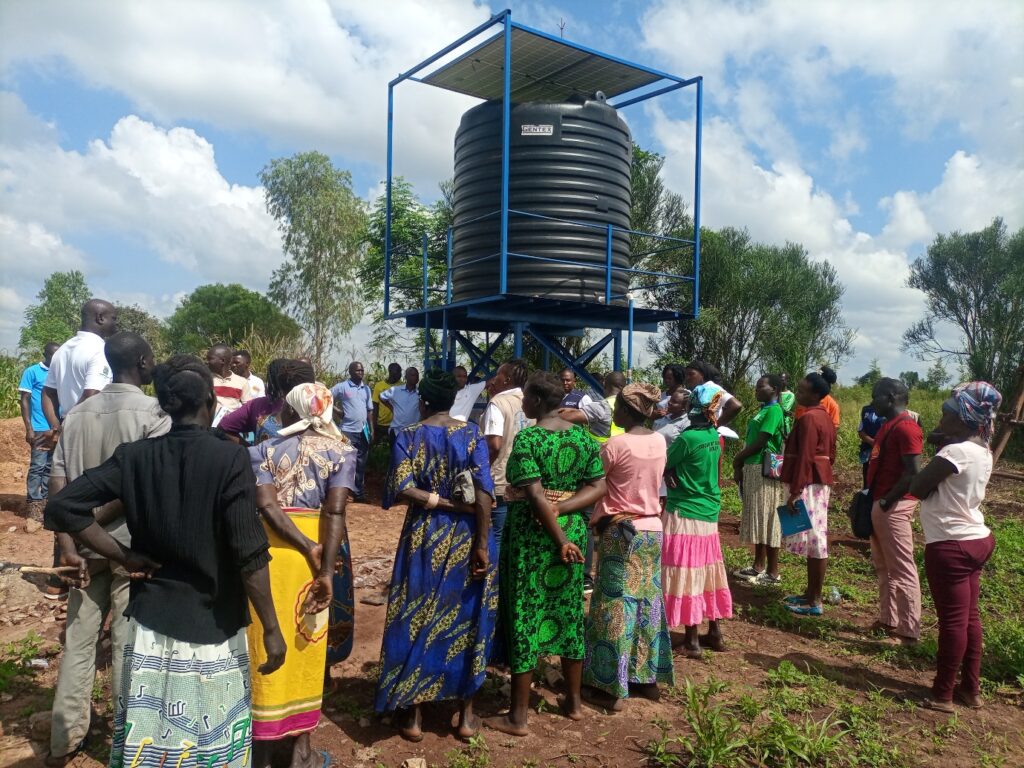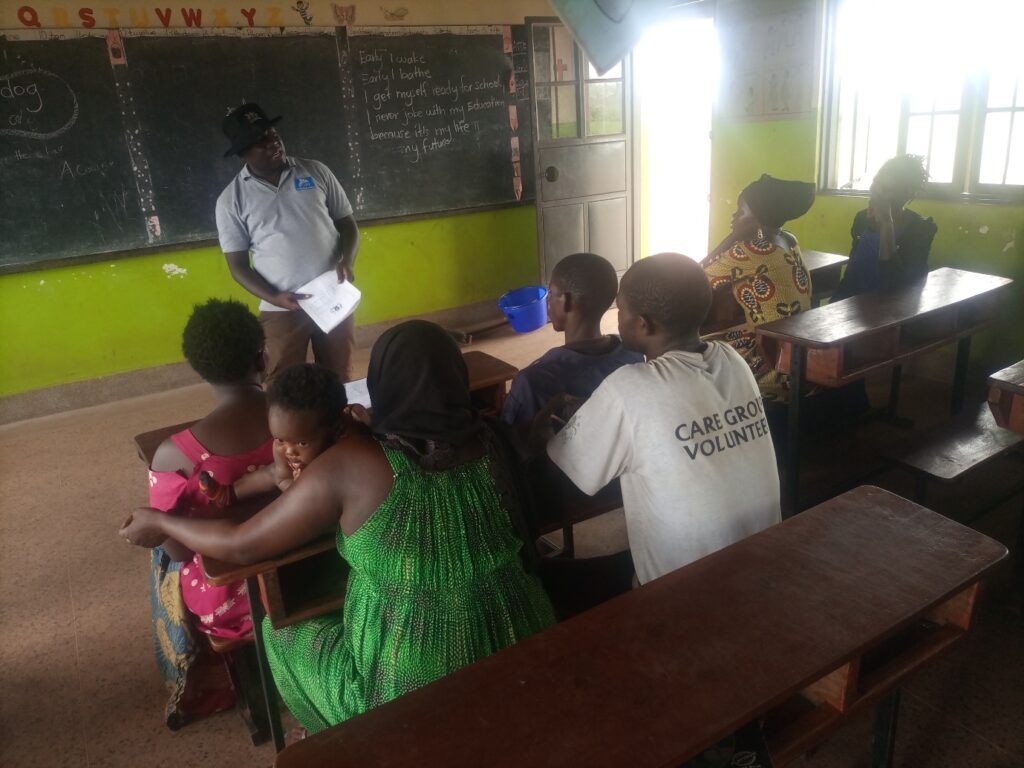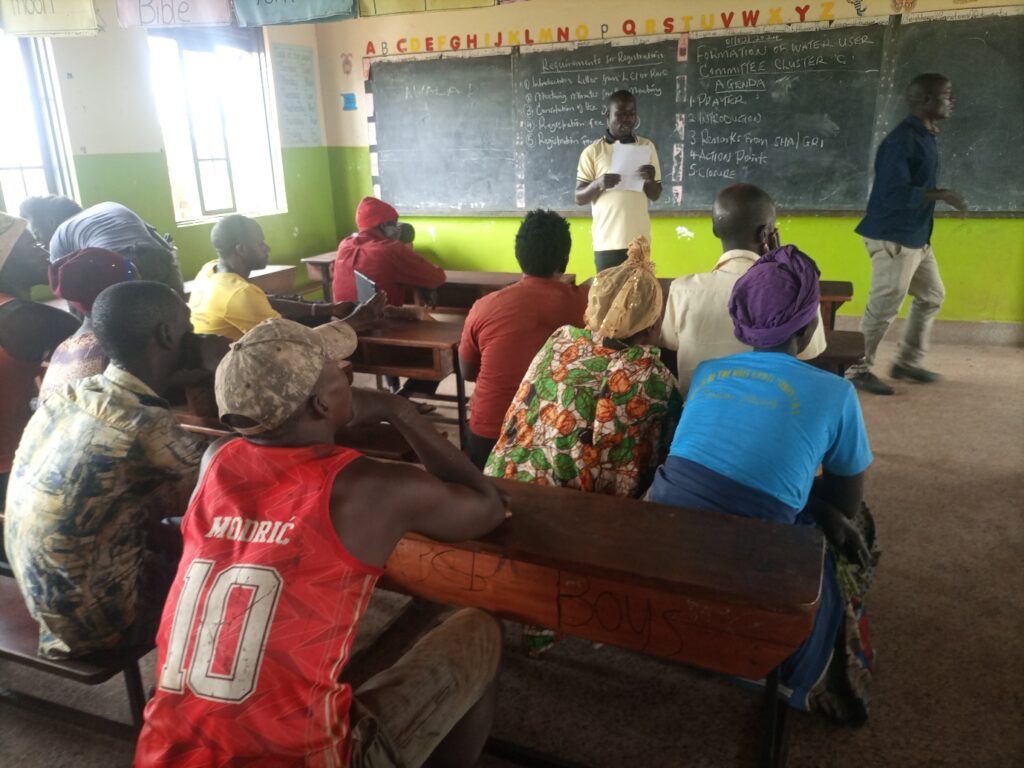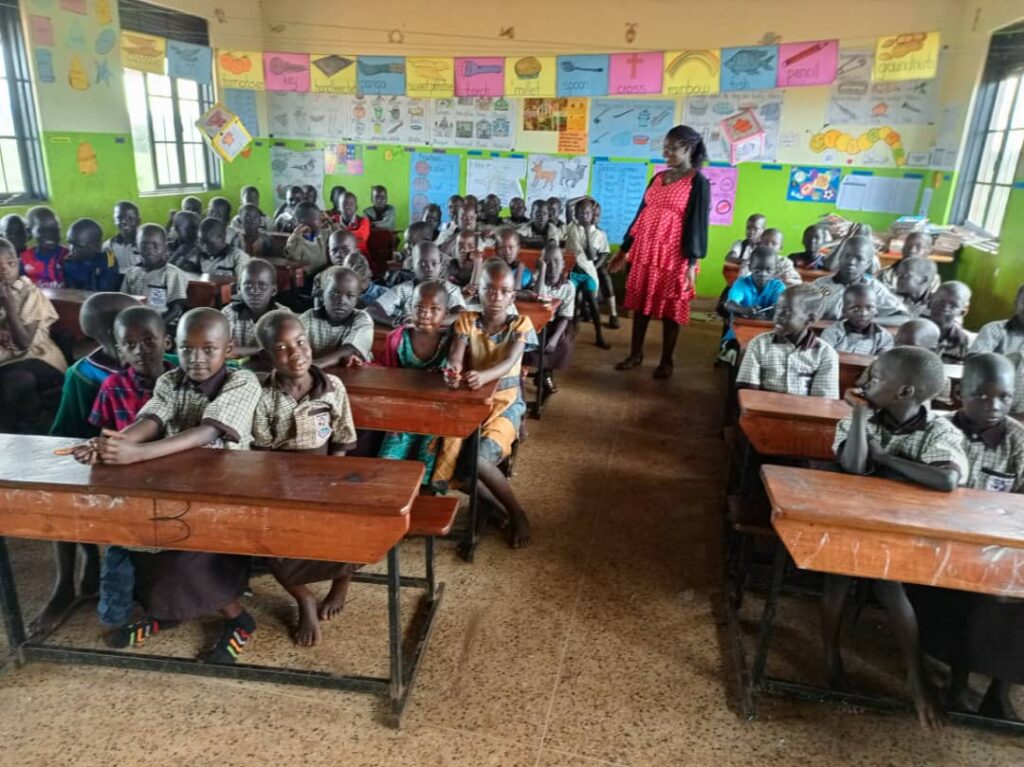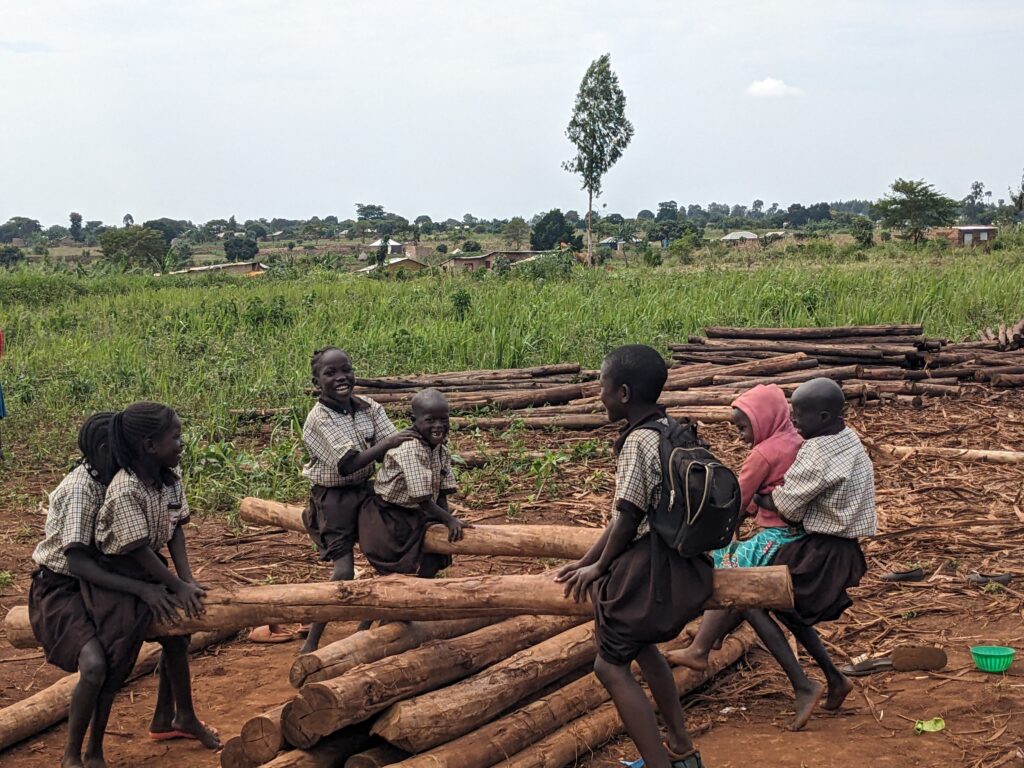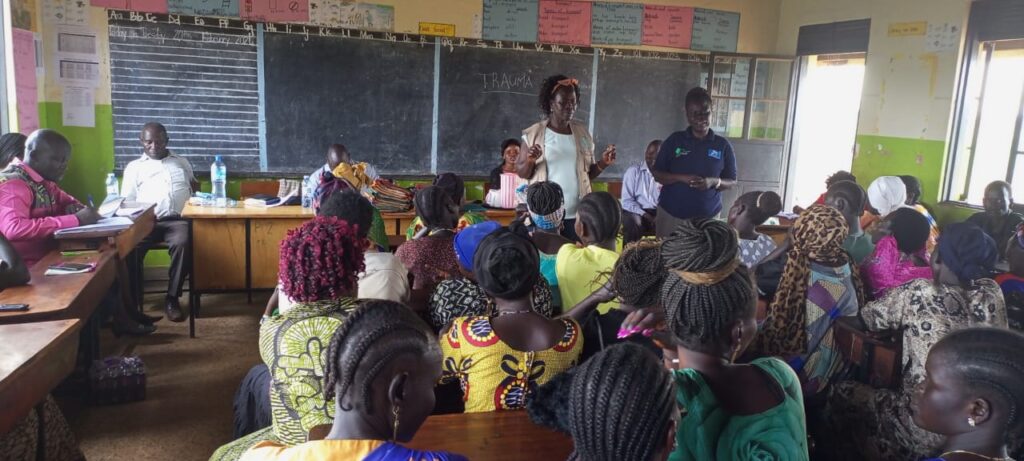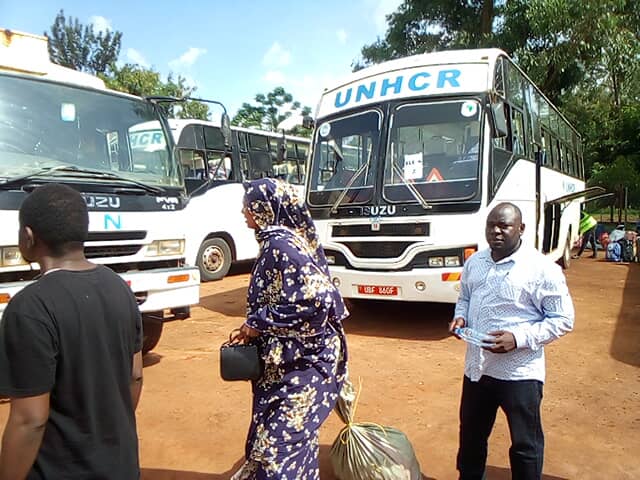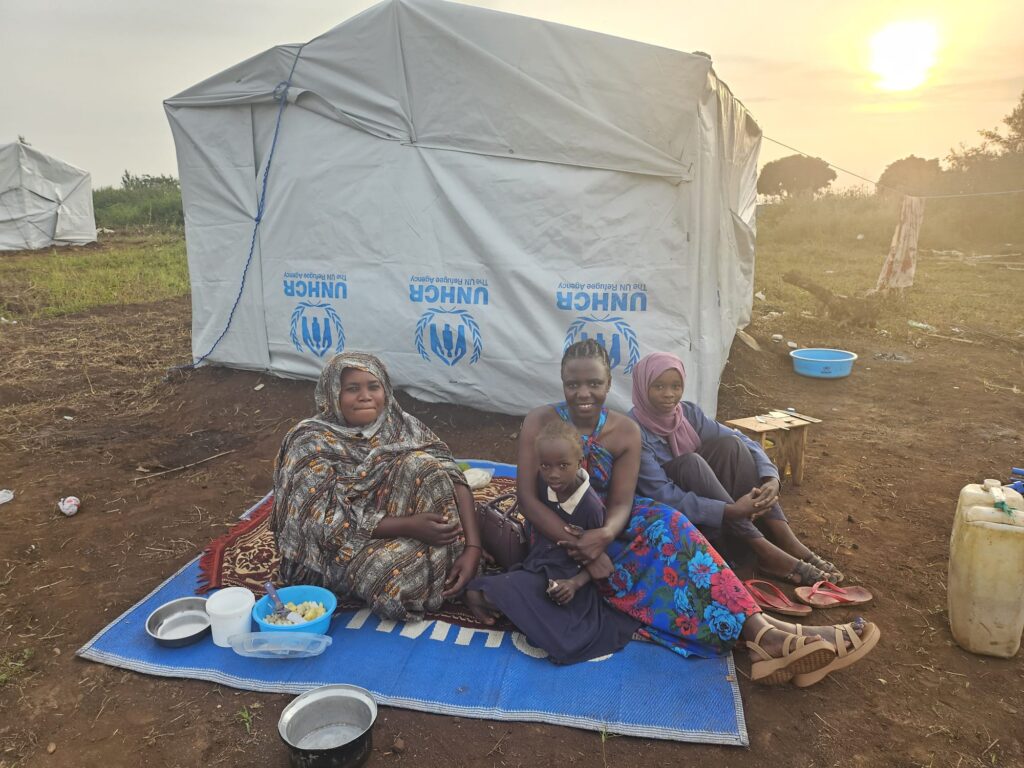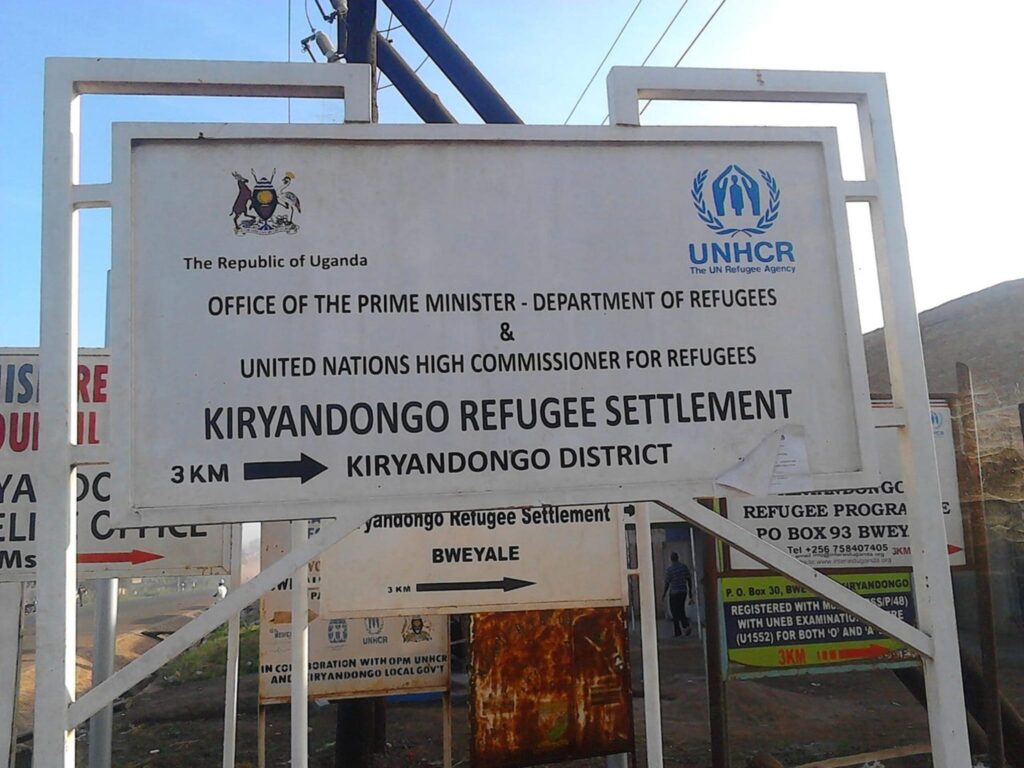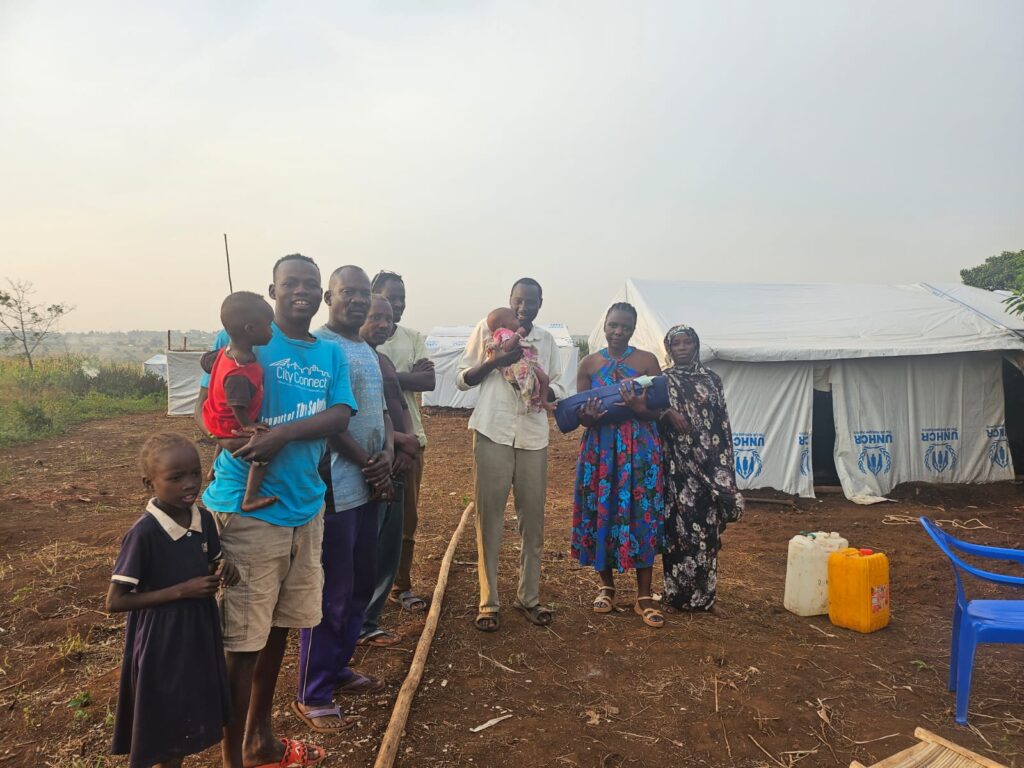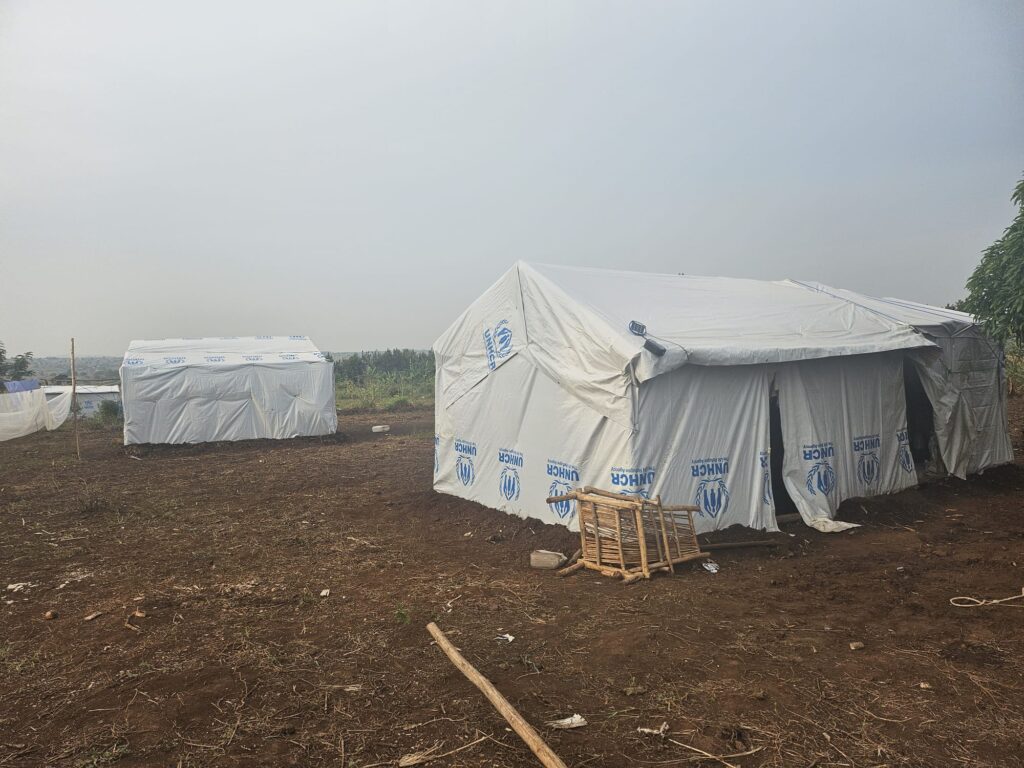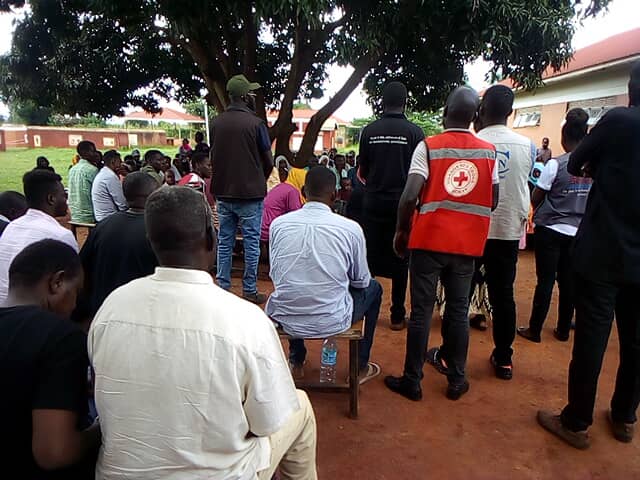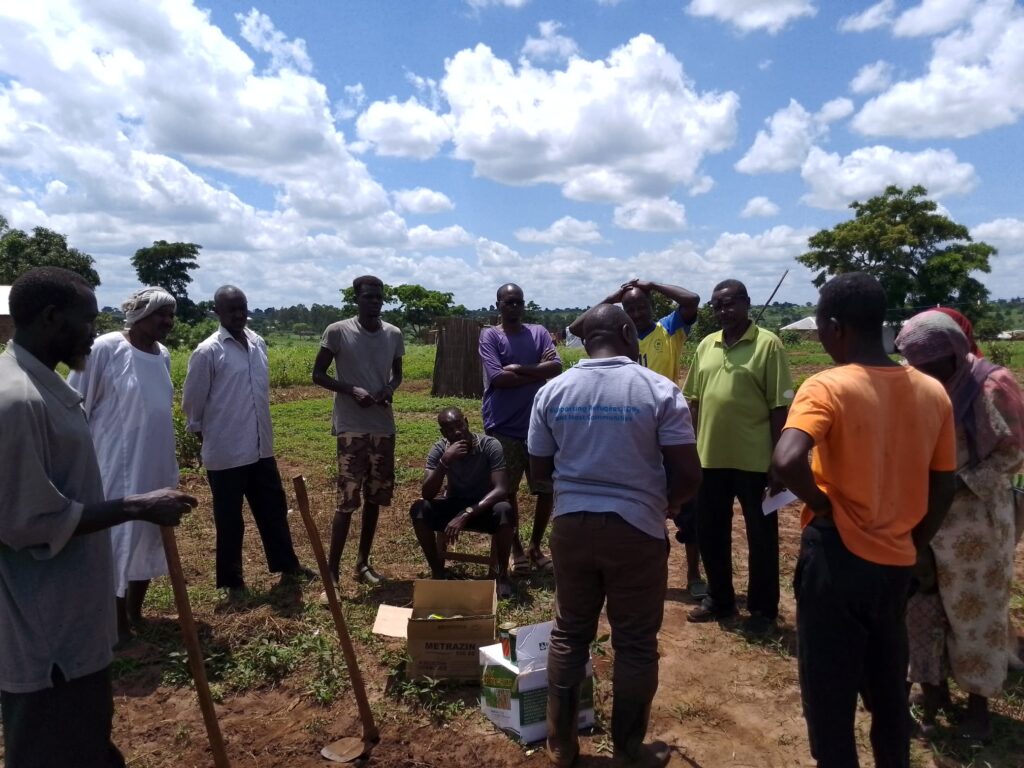
Kiryandongo refugee settlement is currently receiving new arrivals from Sudan as a result of the ongoing political civil war in their country. However, accommodating these newcomers places a significant strain on emergency relief supplies needed by refugees to begin their resettlement journey. These supplies include water, shelter, food, healthcare, education, soap, clothing, and fuelwood. Despite efforts by the Ugandan government (OPM) and UNHCR to provide relief materials, the demand remains high due to the large number of refugees in need.
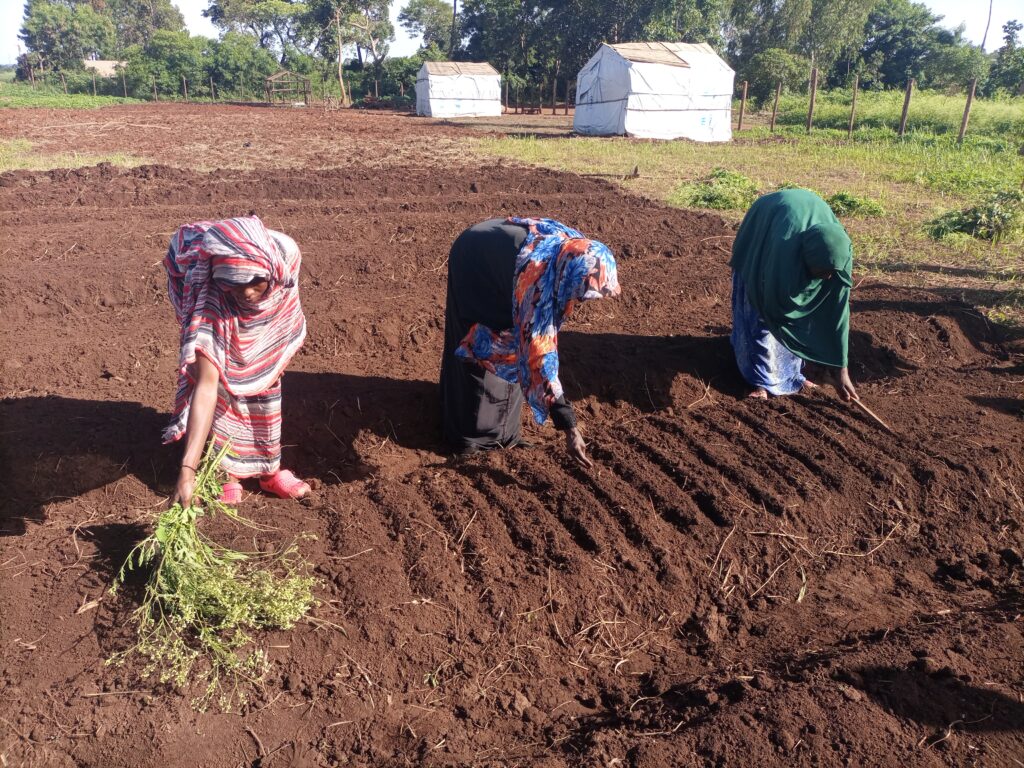
With the onset of the rainy farming season in Uganda, the Global Refugee Initiatives (GRI) is assisting new refugees by imparting skills in vegetable production. This initiative aims to provide refugees with access to a diverse and nutritious diet, including green leafy vegetables such as Sukuma wiki, purple eggplant, white eggplant, carrots, okra, green pepper, cabbage, and onions. GRI also prioritizes the health of refugees by ensuring they have sufficient land for farming, collaborating with OPM and equipping them with the necessary skills for vegetable farming as an emergency livelihood intervention.
So far, 200 new refugees have received assistance under this program.
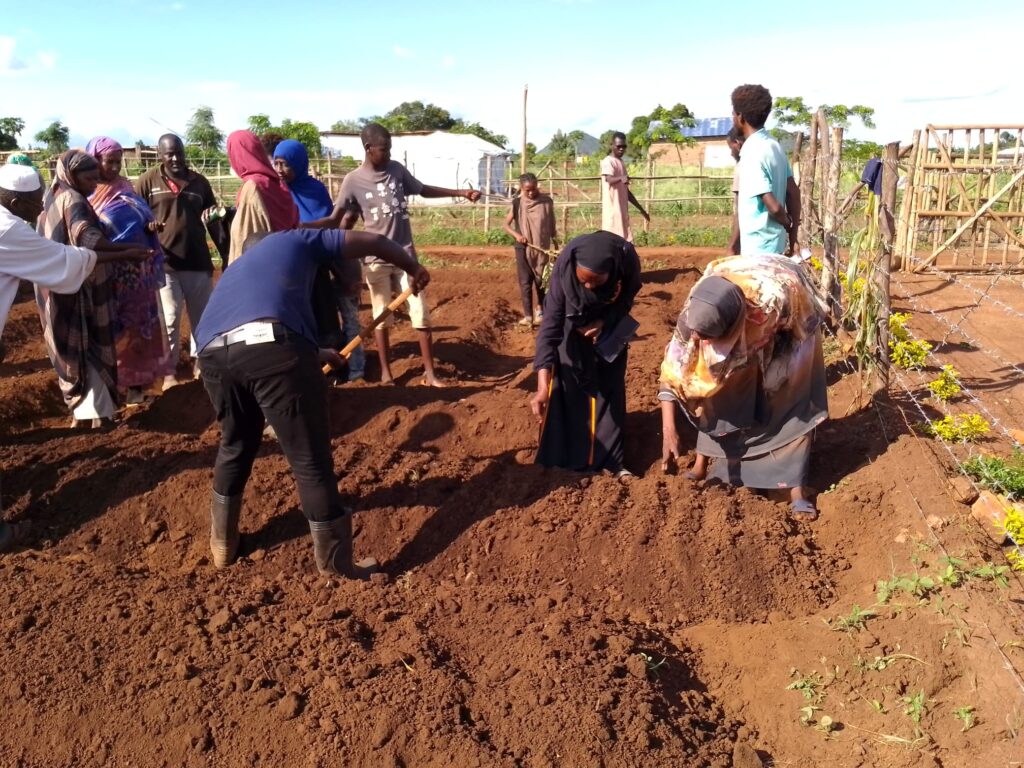
We also call upon donors to join our cause in providing essential support to these refugees, ensuring their basic needs are met and fostering their integration into the community. Reach out to us on info@griuganda.org
